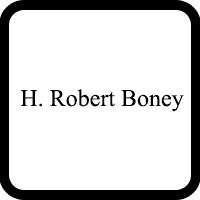Pomona RICO Act Lawyer, New Jersey
Sponsored Law Firm
-
 x
x

Click For More Info:
-
Vahn Law
27 Dearborn Ave. #175 Browns Mills, NJ 08015» view mapCriminal Defense Law Your Case Matters To Us
You have Rights; we exist to make certain those Rights are not violated and that you are afforded every opportunity to obtain a fair legal result.
800-708-3561
Not enough matches for Pomona RICO Act lawyer.
Below are all Pomona Criminal lawyers.
Patrick C. Joyce
✓ VERIFIEDPatrick C. Joyce focuses his law practice in the handling of Personal Injury as well as Federal, State, and Municipal criminal matters. Mr. Joyce o... (more)
H. Robert Boney
✓ VERIFIEDH. Robert Boney has been practicing criminal defense and family law for 41 years, in additional to some general litigation.
James Leonard
✓ VERIFIEDJames J. Leonard Jr. began his career in Criminal Law in 1999 with a two-year internship at the Philadelphia District Attorney’s Office, where he su... (more)
Paul D'Amato
FREE CONSULTATION
CONTACTFREE CONSULTATION
CONTACT George Vahn Browns Mills, NJ
George Vahn Browns Mills, NJ Practice AreasExpertise
Practice AreasExpertise



